GlaxoSmithKline Consumer Nigeria Plc yesterday released its financial statements for the year ended December 2017. While revenue increased from ₦14.3 billion in 2016 to ₦16.0 billion in 2017, gross profit fell sharply from ₦8.9 billion in 2016 to ₦4.4 billion in 2017.
Profit before tax increased from ₦185 million in 2016 to ₦1.1 billion in 2017. Profit after tax, however, fell sharply from ₦2.3 billion in 2016 to ₦486 million in 2017.
Despite the sharp fall in profit, the company has opted to pay a special dividend of ₦7.10 from its retained earnings and ₦0.40 dividend from the retained portion of the pioneer earning balance.
Cost of Sales up by over 100%
The company’s cost of sales jumped massively from ₦5.4 billion in 2016 to ₦11.6 billion in 2017. While overhead costs dropped sharply from ₦930million in 2016 to ₦154 million in 2017, materials consumed jumped from ₦4.4 billion in 2016 to ₦11.3 billion in 2017.
This led to the company’s operating segments of consumer healthcare and pharmaceuticals making losses of ₦701 million and ₦15.5 million respectively in 2017.
Investment income saved the day
But for the huge spike in investment income, the company would most likely have made a loss in 2017. Investment income rose from ₦171 million in 2016 to ₦1.1 billion in 2017. This was driven largely by interest on short-term deposits. Interest rates spiked in 2017 in tandem with rising inflation and an increase in government borrowing.
GlaxoSmithKline Consumer Nigeria Plc was incorporated in 1971. 46.1 % of its issued shares are held by GlaxoSmithKline United Kingdom and the rest by Nigerian shareholders. The principal activities of the company are manufacturing, marketing and distribution of consumer healthcare and pharmaceutical products.

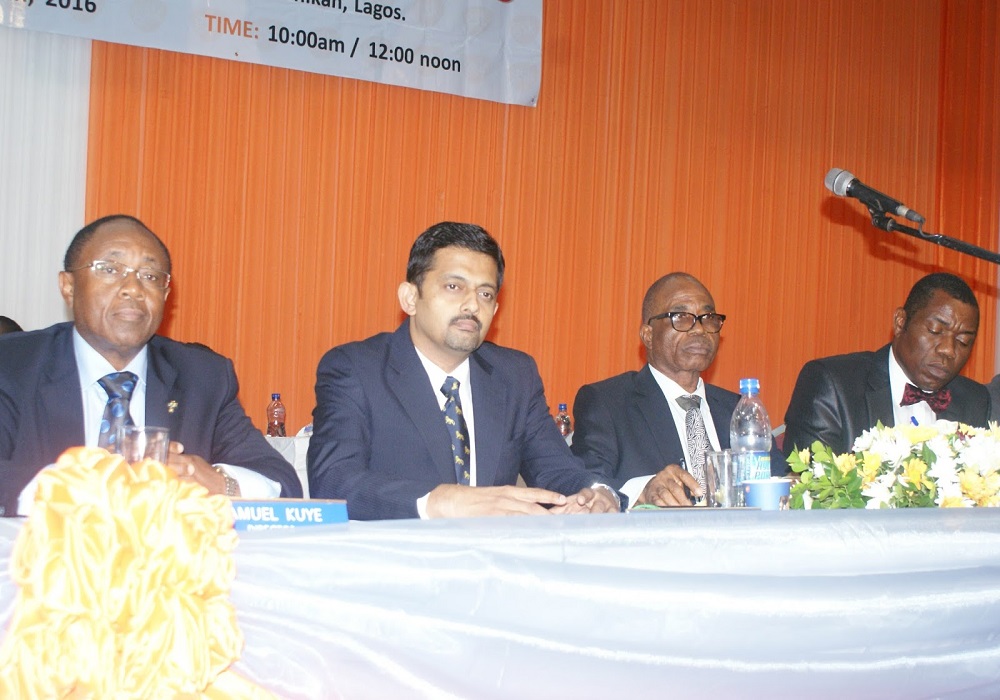
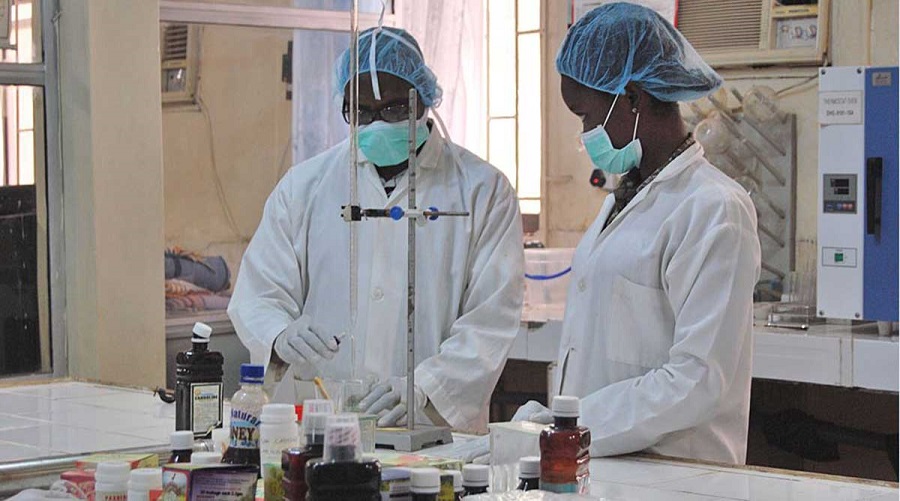





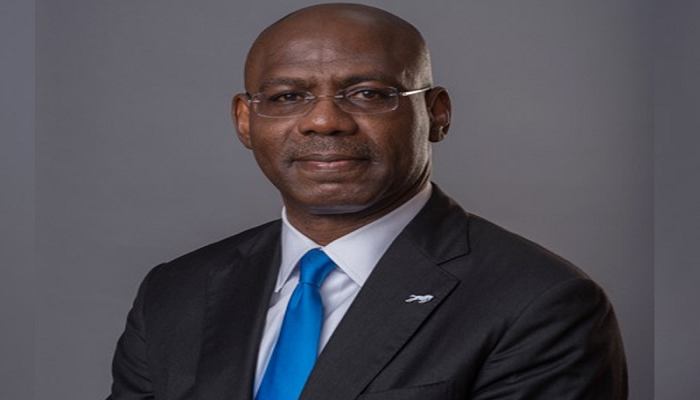
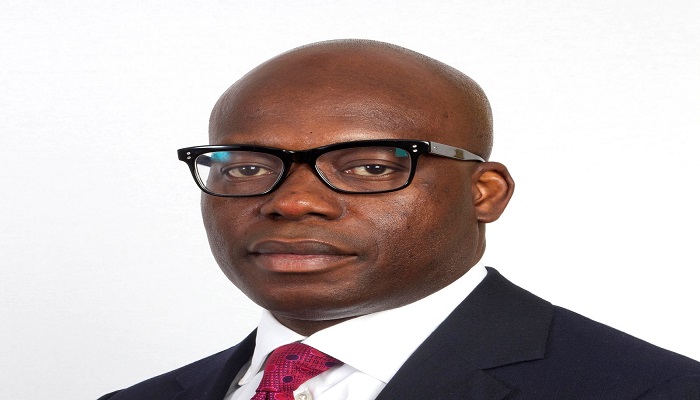
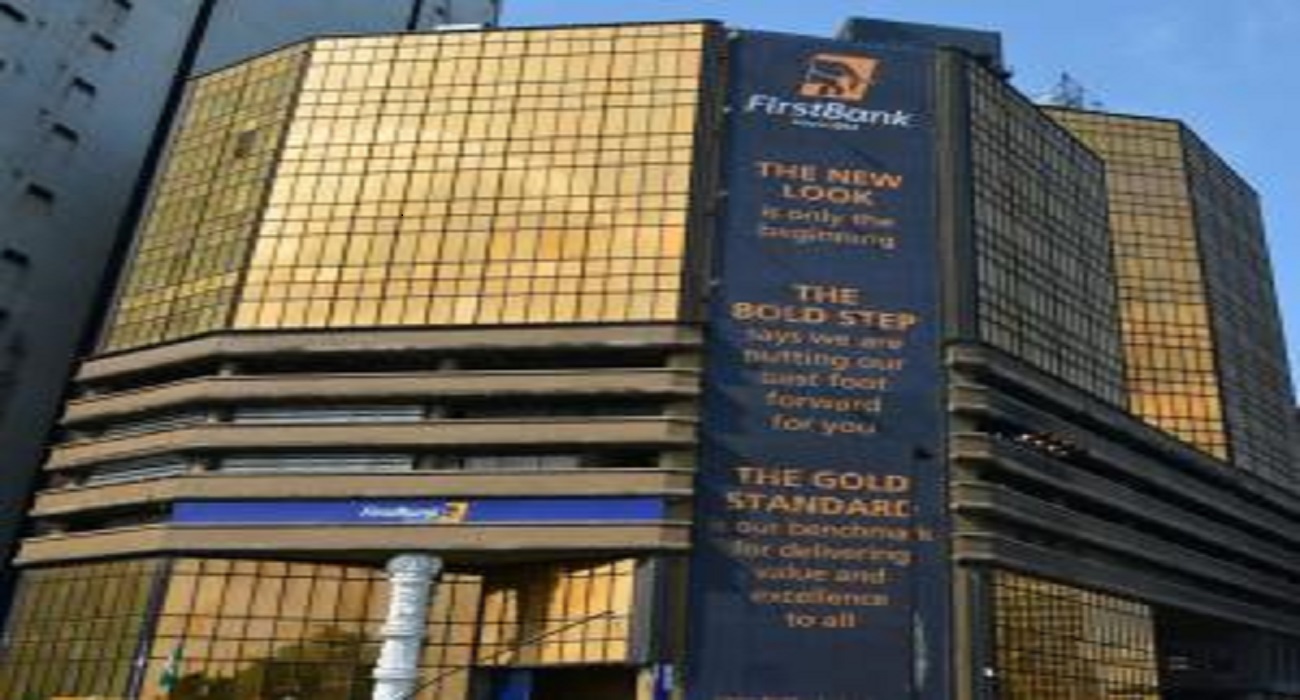










Please can someone kindly explain to me the different between special dividend and ordinary dividend, just wants to know because GSK plc said dey are giving N7.10 as special dividend and 0.40k as ordinary dividend.
A Special dividend is one that is issued by a company out of profits it made from Extra-ordinary income. Extra-Ordinary income refers to an income that a business makes upon unusual circumstances. In this case, GSK sold its Drinks Business, so it is the profit it made from that sale that it is sharing to its shareholders.